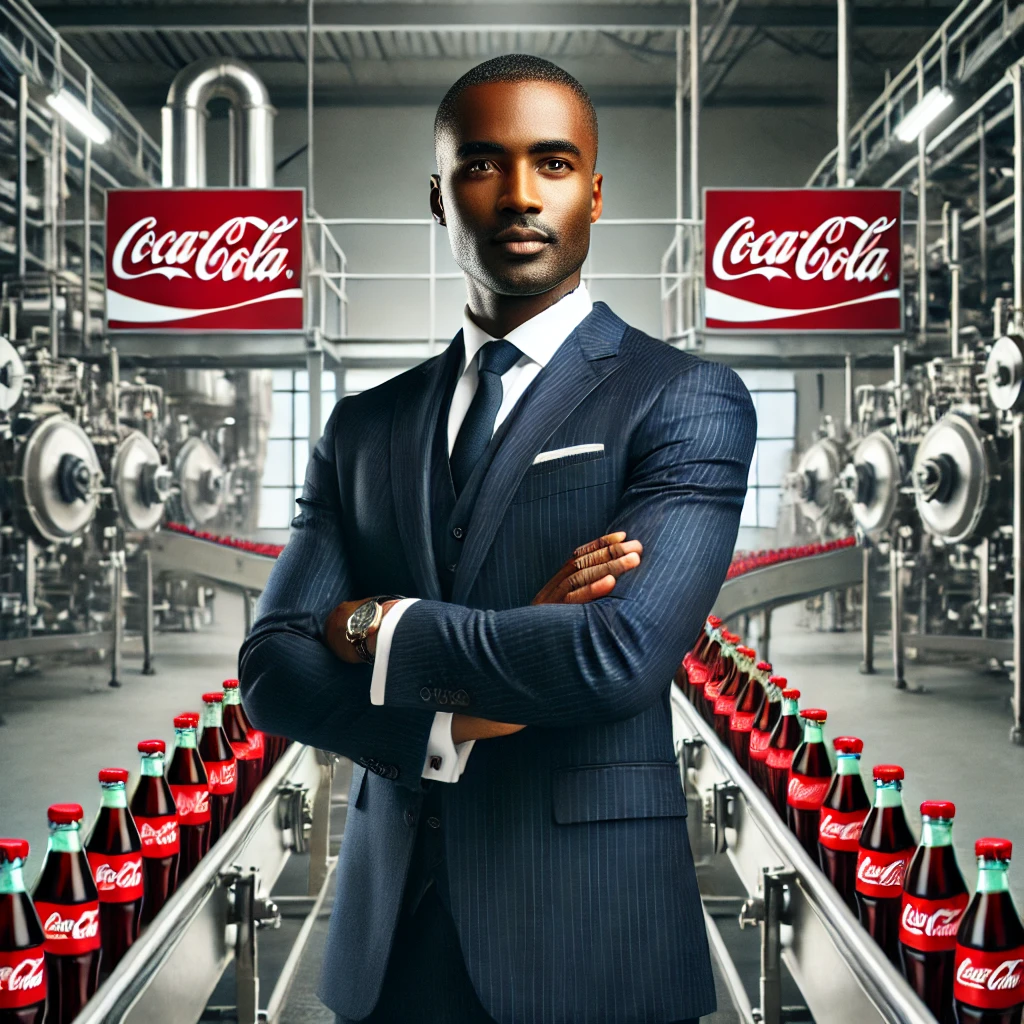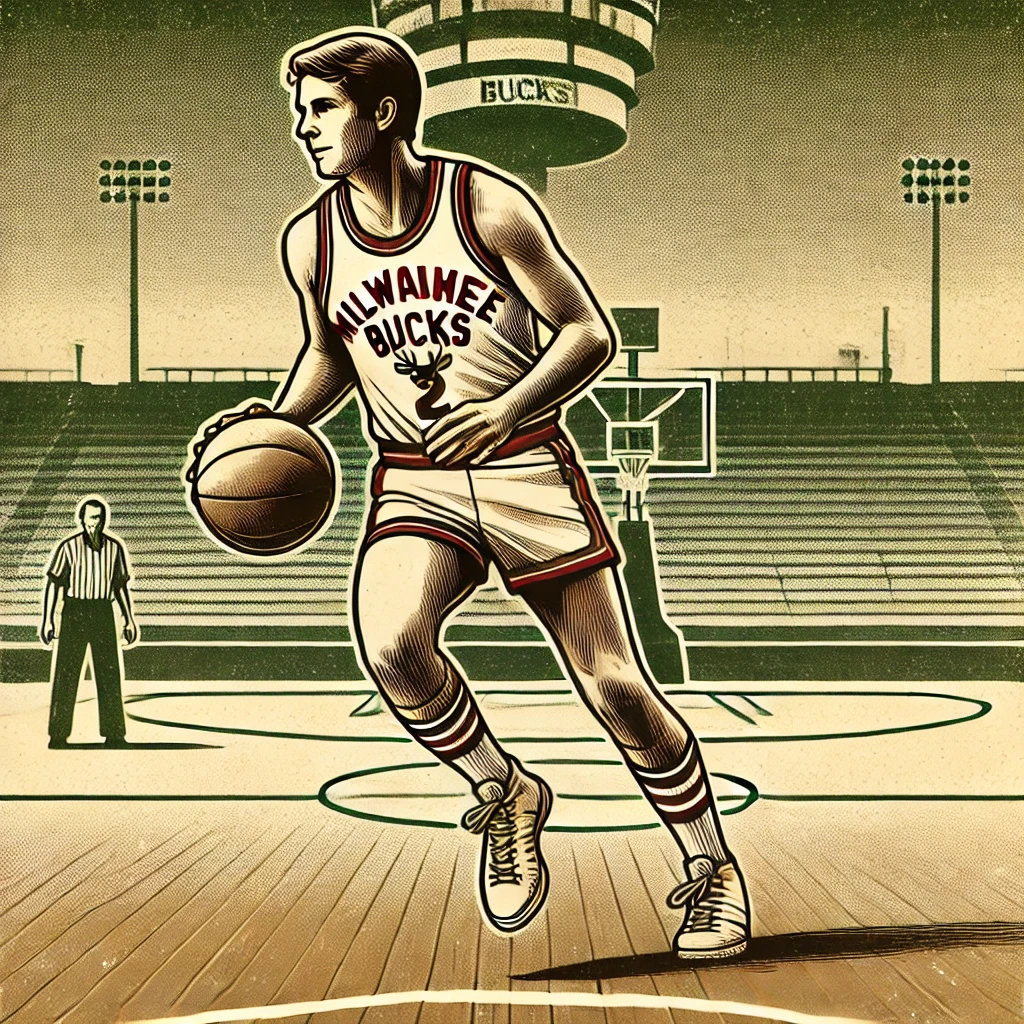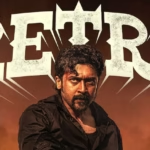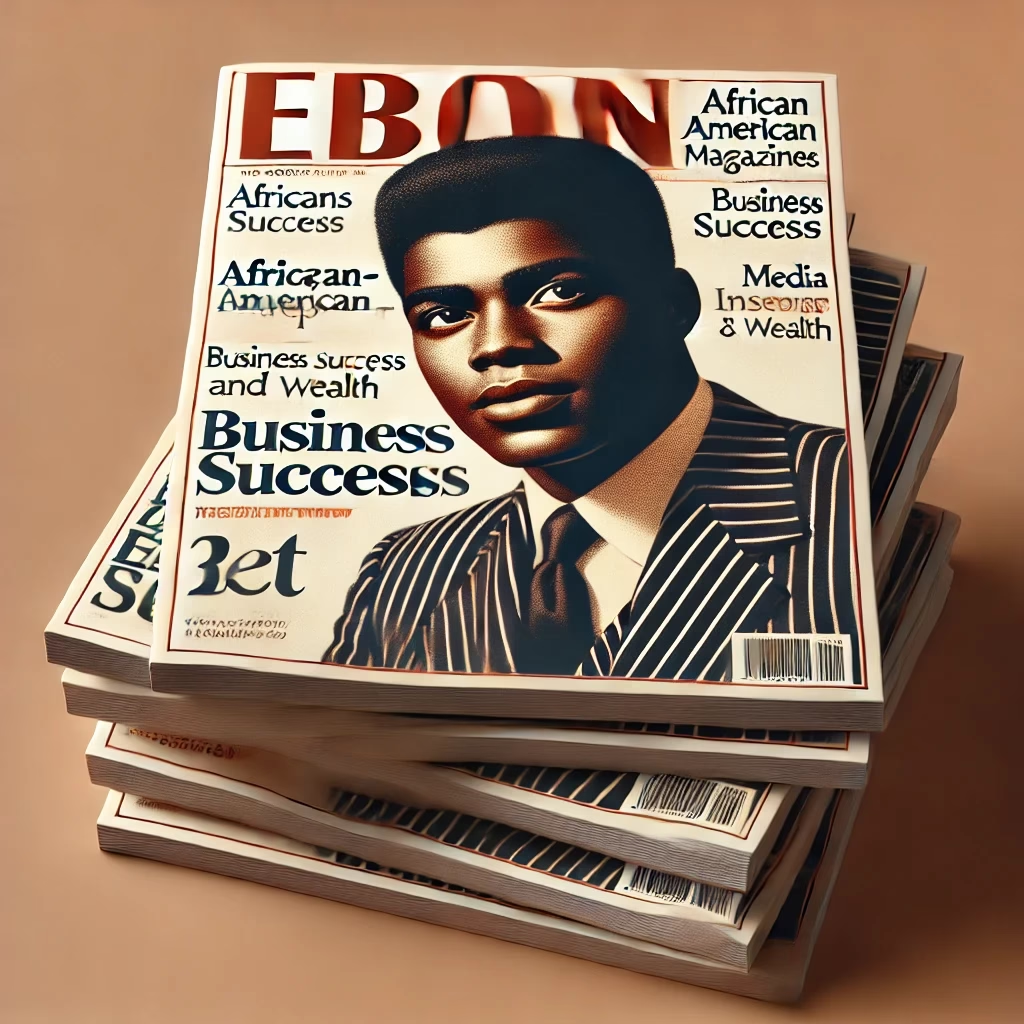The story of Ulysses “Junior” Bridgeman is one of relentless perseverance, visionary entrepreneurship, and a legacy that transcends basketball. Over 12 NBA seasons, Bridgeman carved out a reputation as a dependable scorer and leader. But it was his post-basketball journey—building a billion-dollar empire from fast-food franchises to media ownership—that cemented his status as a legend. This article explores the life, career, and enduring impact of Junior Bridgeman, a man who turned humble beginnings into unparalleled success.
Early Life and Humble Beginnings
Growing Up in East Chicago
Born on September 17, 1953, in East Chicago, Indiana, Junior Bridgeman’s early life was marked by financial struggle. The son of Ulysses Lee Bridgeman Sr., he grew up in a working-class family where even a $1.25 Boy Scouts membership fee was out of reach. Summers were spent laboring at steel mills and factories, earning $20–$40 weekly to support his family.
High School Stardom
At Washington High School, Bridgeman led the 1971 basketball team to a historic 29–0 season and an Indiana state championship. His talent caught the attention of college scouts, paving the way for a scholarship at the University of Louisville.
NBA Career: The Making of a Sixth Man Legend
College Dominance at Louisville
Bridgeman’s college career was transformative. As a Louisville Cardinal, he averaged 15.5 points and 7.6 rebounds, earning two Missouri Valley Conference Player of the Year titles (1974, 1975) and leading the team to the 1975 Final Four. His 36-point game against Rutgers in the NCAA Tournament remains a school record.
Drafted by the Lakers, Traded to Milwaukee
Selected 8th overall by the Los Angeles Lakers in 1975, Bridgeman’s fate changed instantly. He was traded to the Milwaukee Bucks in a blockbuster deal for Kareem Abdul-Jabbar. Over 10 seasons with the Bucks, he became a linchpin of their 1980s success, averaging 13.6 points and earning a reputation as one of the league’s best sixth men.
Career Highlights:
- 12 NBA seasons: 849 games, 11,517 career points.
- Bucks franchise leader: 711 games played (surpassed by Giannis Antetokounmpo in 2023).
- NBPA President: Advocated for players’ rights from 1985–1988.
Building a Business Empire: The Post-NBA Journey

From Wendy’s Franchises to Coca-Cola Bottling
Bridgeman’s business acumen began during NBA off-seasons, where he studied fast-food operations. After retiring in 1987, he invested in Wendy’s franchises, eventually owning 450+ locations and Chili’s outlets. By 2016, he sold the portfolio to focus on Coca-Cola bottling, securing distribution rights across three U.S. states and Canada.
Reviving Ebony and Jet Magazines
In 2020, Bridgeman acquired Ebony and Jet—cornerstones of Black media—for $14 million. His stewardship preserved their cultural significance while modernizing their reach.
NBA Ownership and Billionaire Status
In 2024, Bridgeman returned to the Bucks as a minority owner, completing a 50-year NBA journey. His net worth soared to $1.4 billion, making him one of the wealthiest former athletes globally.
Legacy: Leadership, Philanthropy, and Inspiration

Community Impact
Bridgeman funded scholarships, supported Louisville’s KFC Yum! Center, and co-purchased Valhalla Golf Club to expand accessibility. His philanthropic efforts earned him Louisville’s Athletic Hall of Fame induction and the NCAA Silver Anniversary Award.
Tributes and Passing
Junior Bridgeman passed away on March 11, 2025, at 71. The Milwaukee Bucks retired his No. 2 jersey, while tributes celebrated his “blue-collar grit” and transformative vision.
Lessons from Junior Bridgeman’s Journey
- Adaptability: Transitioning from sports to business requires curiosity and calculated risk-taking.
- Resilience: Early financial hardships fueled his drive to succeed.
- Community First: Bridgeman reinvested in the neighborhoods that shaped him.
Final Thoughts
Junior Bridgeman’s life is a masterclass in reinvention. From sixth man to business titan, he proved that success isn’t confined to a single arena. His story inspires athletes and entrepreneurs alike to think beyond their initial playbook—because greatness, much like Bridgeman’s legacy, is limitless.
Read more at WorldsInsight











